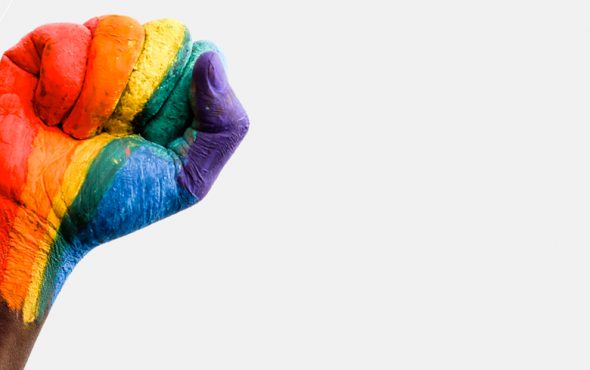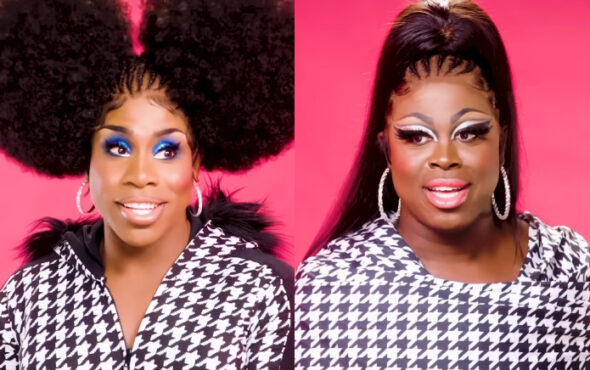
It has become one of the few countries in sub-Saharan Africa to do so.
Gabon lawmakers have voted to reverse an archaic law that criminalised homosexuality, making it one of the few countries in Sub-Saharan Africa to legalise sexual relations between people of the same sex.
In July 2019, Gabon became the 70th country in the world to ban gay sex under a penal code that vowed to publish ‘offenders’ with up to six months in jail and a fine of five million Central African francs (over £6,300).
Although the decision was made in July, it wasn’t reported until December. At the time, Mac-Iyalla – an LGBTQ+ activist in Ghana – said it had “further sent the LGBT community underground and has created harassment.”
Less than a year later, 48 members of parliament voted to revise the outdated law. 24 voted against while 25 abstained.
One member of parliament who voted against the proposed initiative widely criticised the decision, telling Reuters: “Forty-eight lawmakers have shaken an entire nation and its customs and traditions.”
Sylvia Bongo Ondimba, the wife of Gabon’s president Ali Bongo Ondimba, praised the outcome, writing on Twitter: “Parliament is restoring a fundamental human right for its citizens: that of loving, freely, without being condemned.
Le Parlement rétablit un Droit humain fondamental pour ses citoyens: celui d’aimer, librement, sans en être condamné. La République défend le respect de la vie privée de chacun et reste Une et Indivisible au-delà des sentiments. Oui à la dignité, non à la haine. #Gabon
— Sylvia Bongo Ondimba (@Sylviabongo) June 24, 2020
“The republic defends respect for everyone’s privacy and remains one and indivisible beyond feelings. Yes to dignity, no to hate.” However, the bill cannot be passed and put into legislation until it is approved by the country’s senate.
Homosexuality is seen as taboo in Gabon and LGBTQ+ people are still not recognised in the eyes of the law, with no legal recognition of same-sex couples or legal protection against discrimination based on sexual orientation or gender identity.



